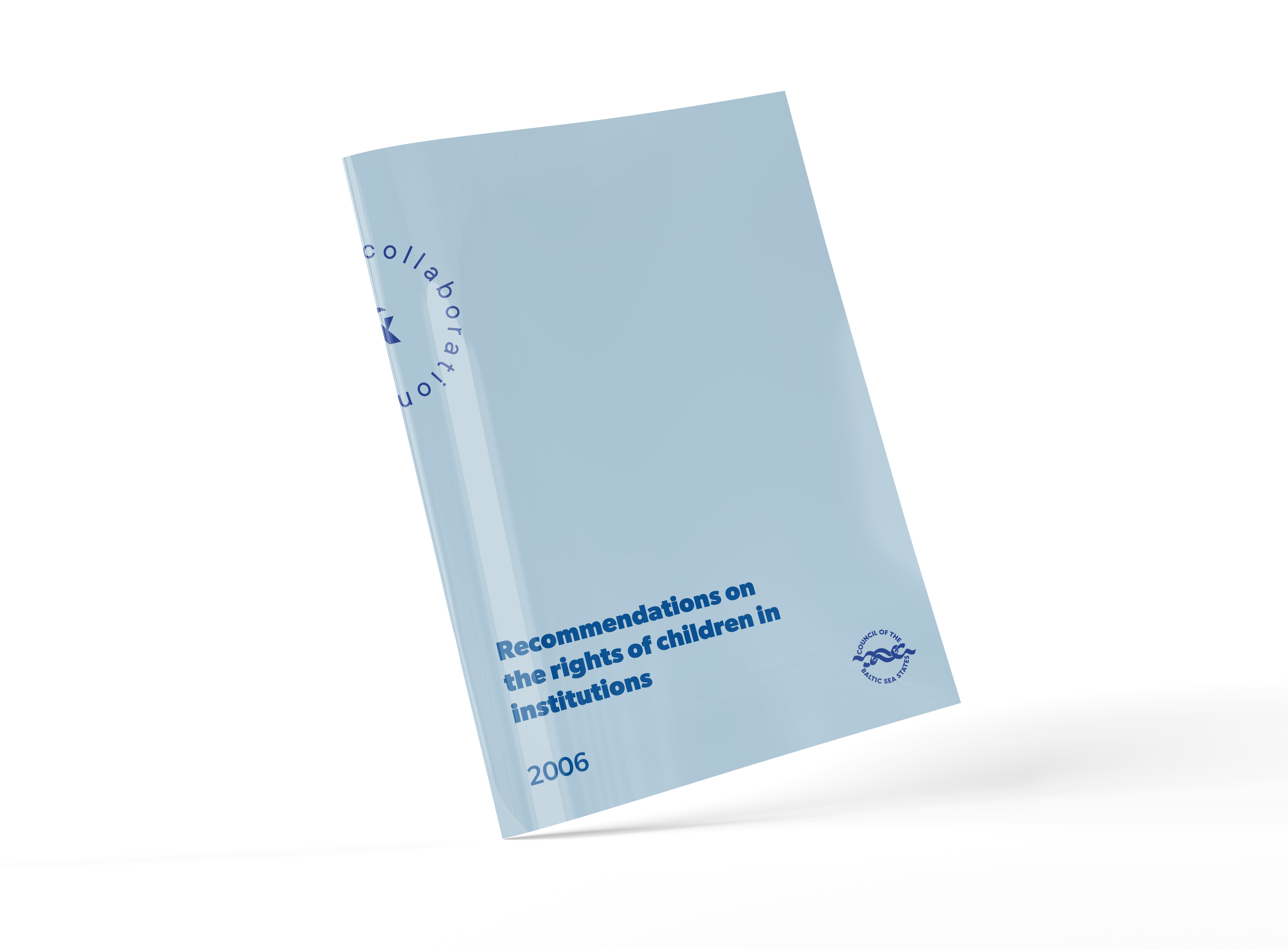
The Rights of Children in Institutions in the Region of the Baltic Sea States – Improving Child Participation, Monitoring and Post Placement Assistance agreed on a set of recommendations for the Expert Group, who later agreed it would take forward the following:
1. Support to young persons leaving institutions:
Suggestions for Action: All countries in the region run different programmes and support measures assisting young persons leaving care. There is a need for development of networks where NGOs, state agencies, local and national authorities and other actors may share programme design, results and best practices in the field of support to young persons leaving care. The WGCC is therefore suggested to:
- commission a mapping of programmes in the region to create a foundation for exchange and development of assistance measures in the field. The mapping should focus on including all actors regardless of their status, i.e. both state agencies and local county council authorities and bodies and NGOs, local and international.
2. Developing the monitoring of institutions to include the Council of Europe Recommendation (2005)5 and other international recommendations, ensuring also that children are heard in the development of the monitoring of institutions.
Suggestions for Action: Throughout the region, countries struggle to find the most appropriate way of monitoring care to respond to the responsibility of caring for children in out-of-home placement. The WGCC is suggested to use the network of experts in the region to:
- develop a plan for a training, through which monitoring skills should be developed. The plan will include specific provisions on how children themselves should be included and their rights respected
- implement a pilot training, using the developed plan, including teams of monitoring staff from countries in the
Held 14-15 November 2006 in Stockholm, the conference gathered 48 representatives from 14 countries. The conference was organised by the Expert Group in cooperation with in cooperation with the Swedish Ministry of Health and Social Affairs and the Swedish Presidency of the CBSS. It was funded by the SIDA Baltic Sea Unit and the Swedish Foreign Ministry.